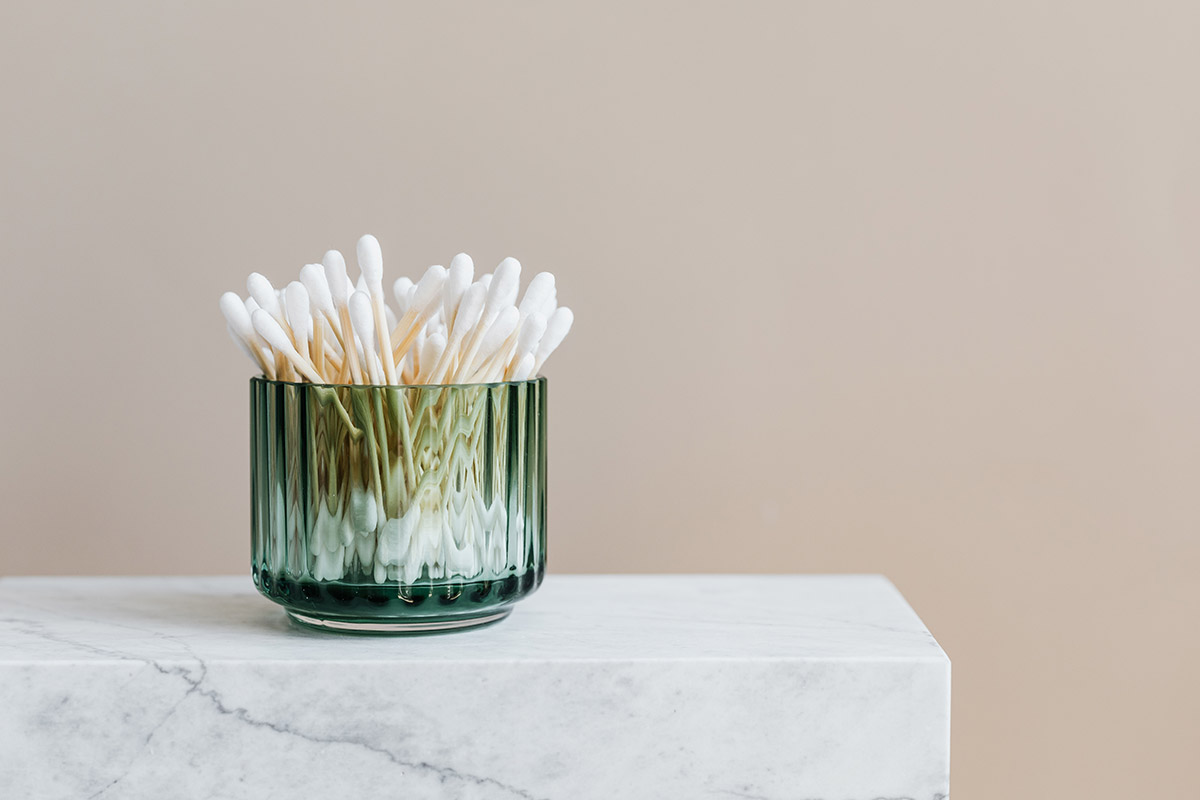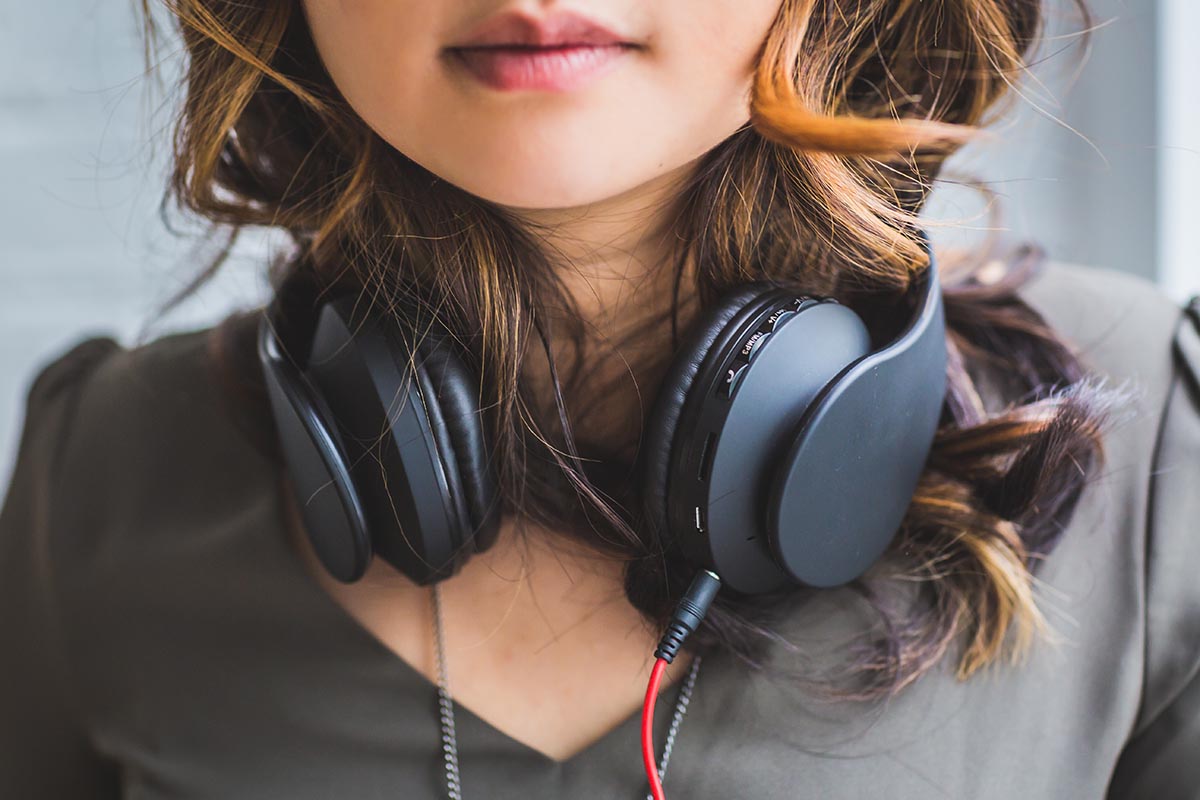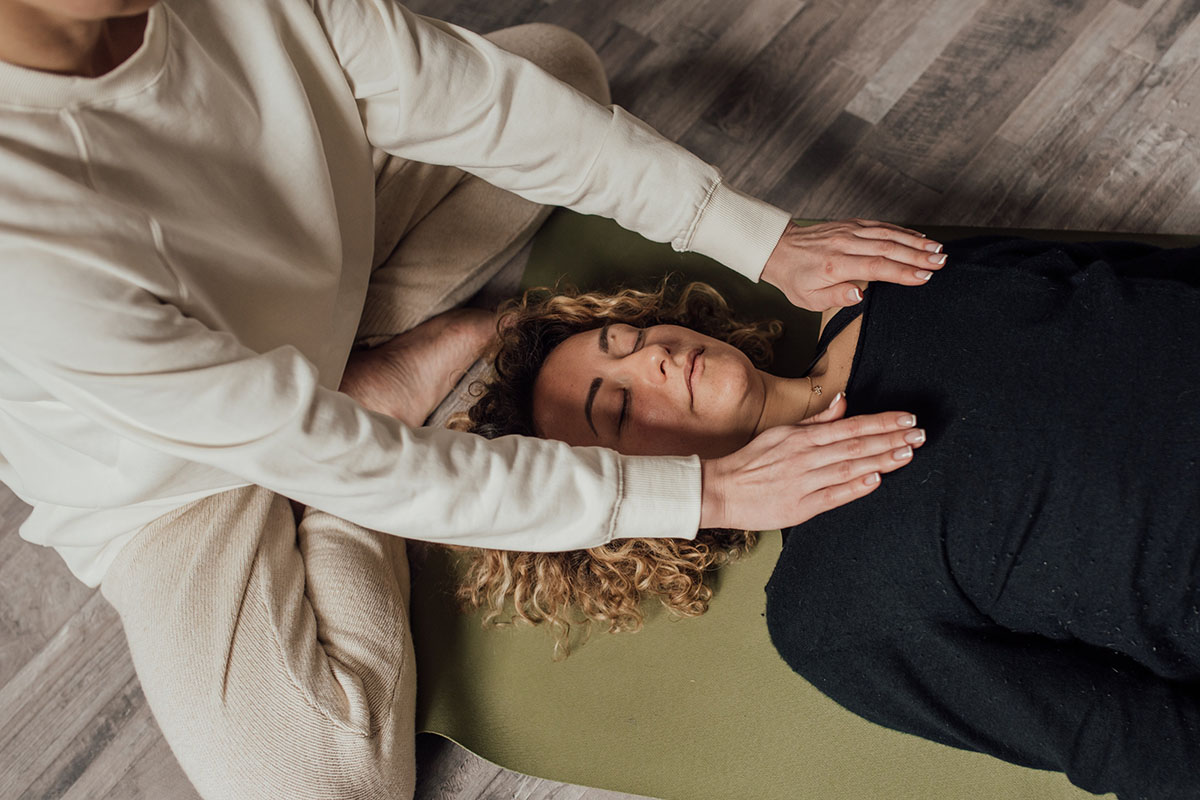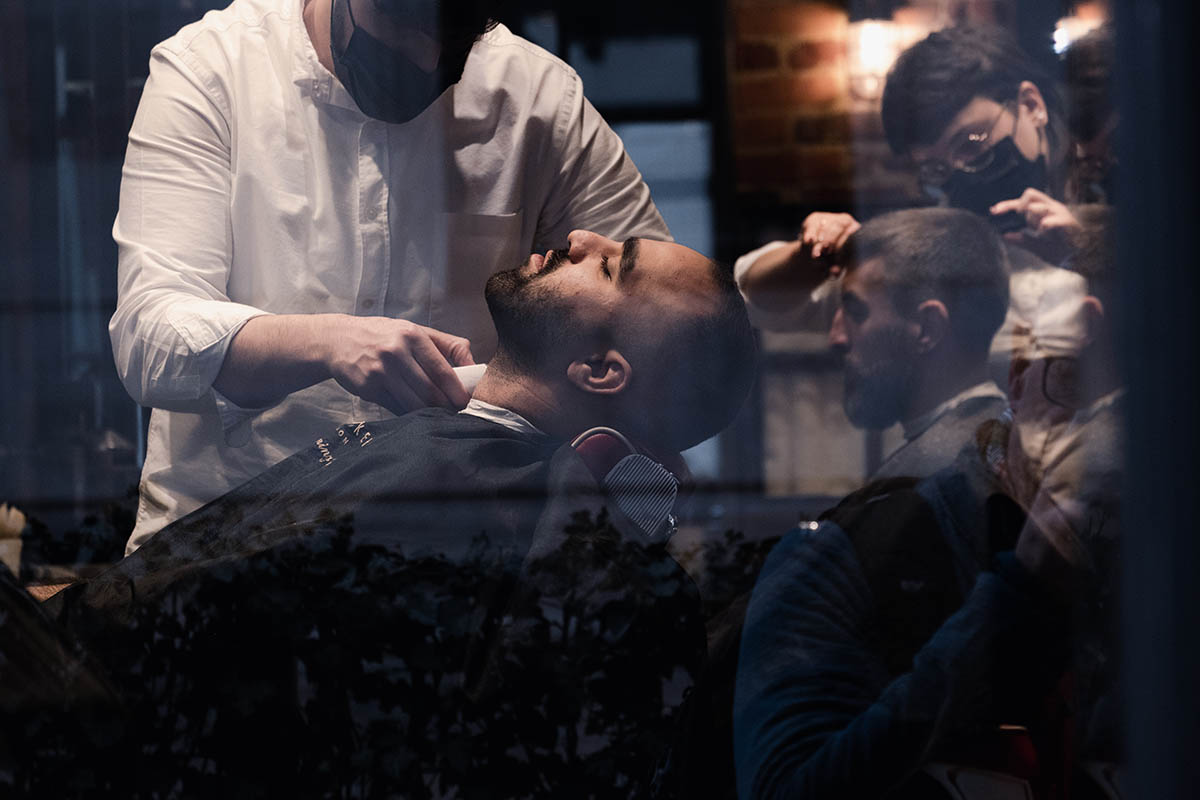Taking The Best Care Of Your Hearing
Your senses provide your brain with valuable information about the world around you.
Not only does your hearing alert you to everything that is going on and give your warning of potential dangers, but it also allows you to communicate with everyone in your life.
If you were to lose this valuable sense, it would have a profound effect on your life.
You might struggle to have conversations, and you’ll not be able to enjoy your favorite music or listen to the radio.
It is important, therefore, that you take good care of your hearing and that you are mindful of the signs of hearing loss.
Here are some ways that you can take the best care of your hearing.
Go For A Hearing Test
The signs of hearing loss are hard to detect. Firstly, you may find that you’re mishearing things that people say or even completely missing parts of conversations.
Secondly, you might struggle to decipher people’s voices out of a mixture of sounds in a noisy environment, and thirdly, you may find that the volume on your TV has crept up a few notches.
If any of this sounds familiar, it’s time for a hearing test.
Make an appointment with an audiologist, and they’ll be able to test the extent of any hearing loss and identify the cause.
From there, they’ll be able to recommend treatment such as medication or wax removal to restore your hearing, or suggest new hearing aids to improve the quality of your hearing.
Wear Ear Protectors
If you’re out in a club or off to a rock concert, things can get quite loud. If you’re left with a ringing in your ears for hours after an event, it’s fair to say that you’ve been exposed to a volume level that is dangerous to the health of your hearing.
Wear earplugs to gigs and to nightclubs. You’ll still be able to hear and enjoy the music, however, it’ll be at a safe level.
If you work in heavy industry, make sure that you have access to ear protectors. Wear any that your company supplies whenever told.
Turn Down The Volume
Do you like listening to music? And if so, do you turn your headphones right up? When you do this, you’re damaging your ears.
Don’t listen to music above the safe recommended level. Many modern devices that play music will have a warning level to help you protect your hearing.
If you need to use headphones, get the noise-canceling variety as these will eliminate exterior sounds, meaning that your music has nothing to compete with so needn’t be so loud.
Get Ear Infections Treated
Do you ever get an ear infection and skip going to the doctor to get it treated? Sure, the symptoms may die down after a few days.
However, the infection may linger on for a long time, or you may leave your ears blocked, causing you to struggle to hear.
Take a trip to the doctor whenever you have an ear infection and make sure you get it treated.
Watch Out For Swimmer’s Ear
If you swim, you’re probably used to getting a bit of water in your ear. However, if you don’t clear your ears out, then it can cause an infection.
Be sure and gently drain your ears by tipping your head from side-to-side whenever you go swimming. Then, gently dry your ears with a towel.
Don’t Use Cotton Swabs
If you’re trying to clean out the wax in your ear canal using cotton swabs, stop. You could do yourself considerable damage.
Your inner ear is very delicate, and one wrong slip with your Q-tip could cause serious lasting damage to your hearing.
If you have too much wax in your ear, by some ear drops that are designed to help remove it.
A few drops each day for a couple of days will loosen your wax and restore your hearing.
Watch Out For Stress In Your Life
Believe it or not, stress could cause you hearing loss.
Stress causes problems with your circulation while causing your body to produce too much adrenaline.
This lowers the blood flow to your ears which affects your hearing. Over time, this could lead to severe damage to the ear cells.
To avoid stress, identify the triggers, and create coping strategies to reduce your exposure to stressors.
Make sure that you’re getting enough sleep and exercise, and be sure and eat a balanced diet.



















